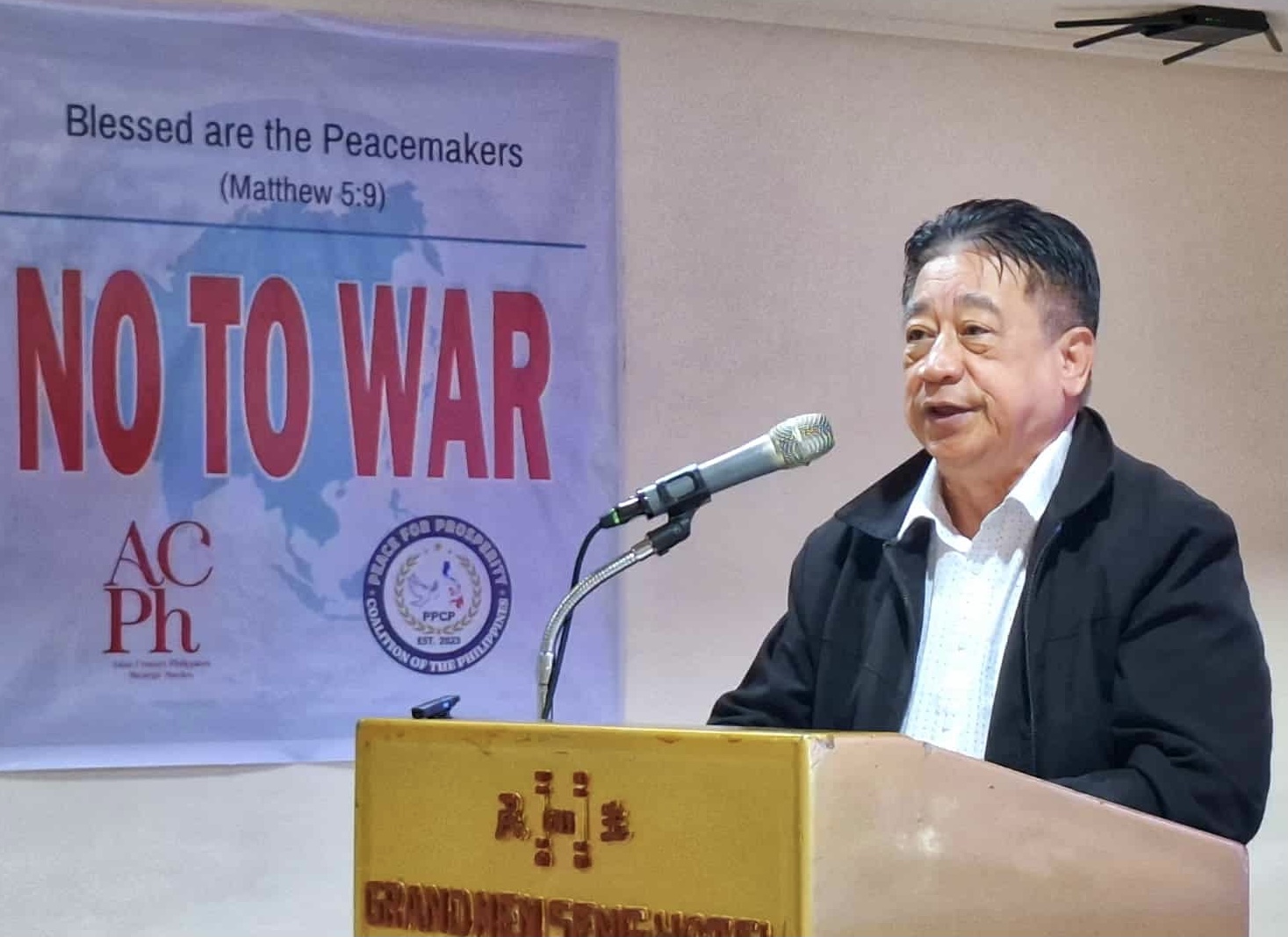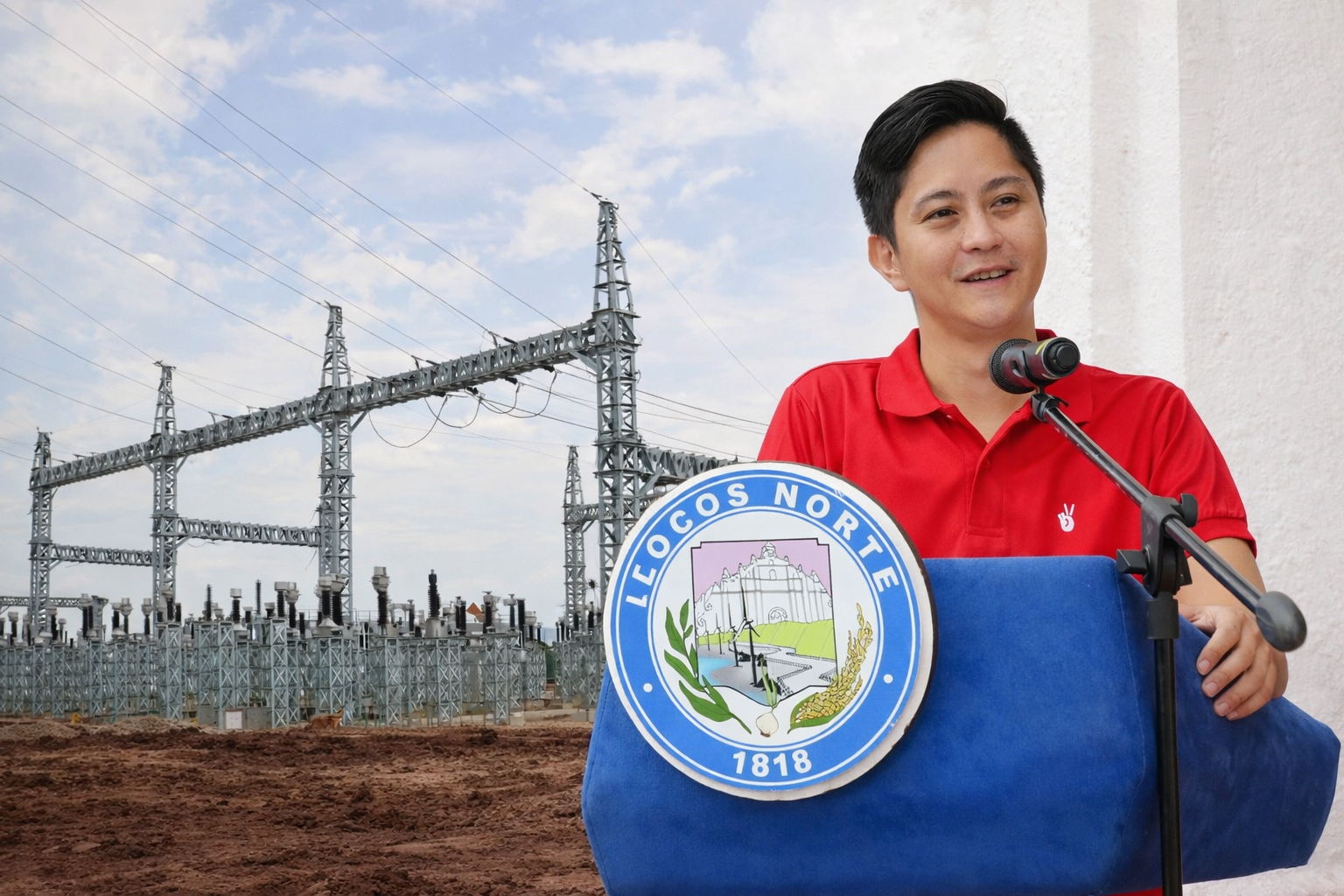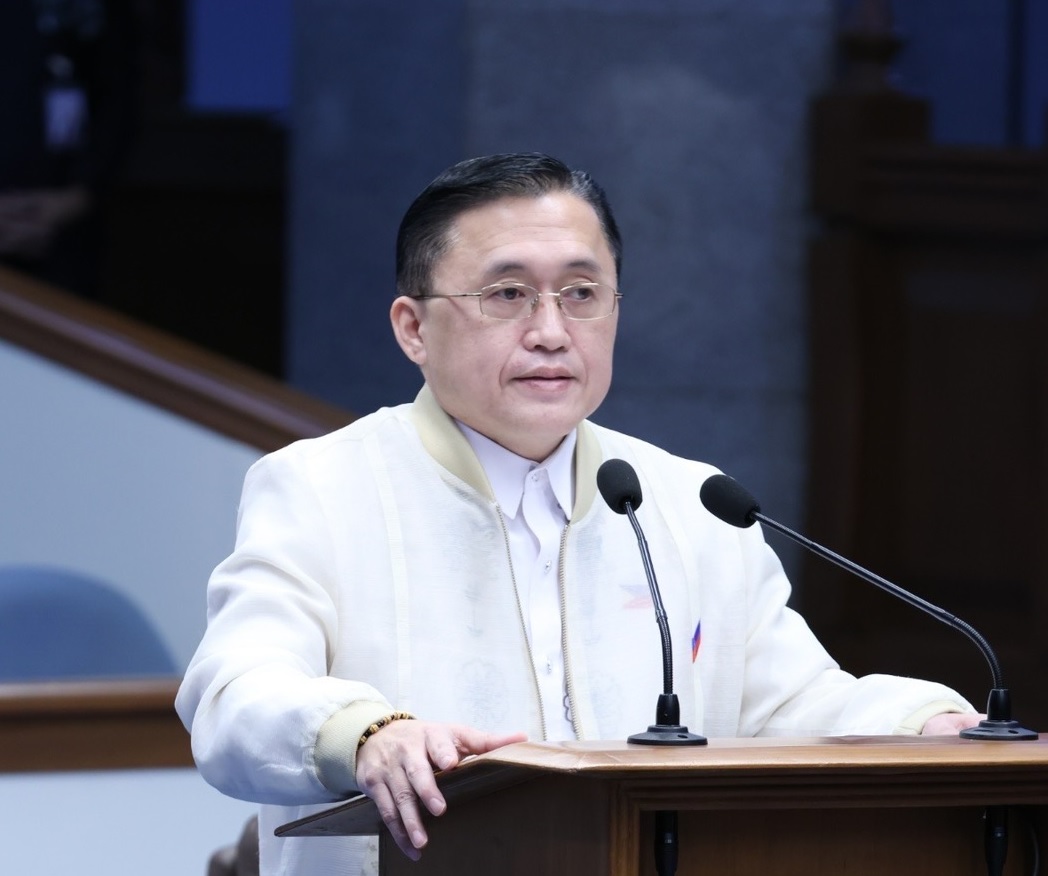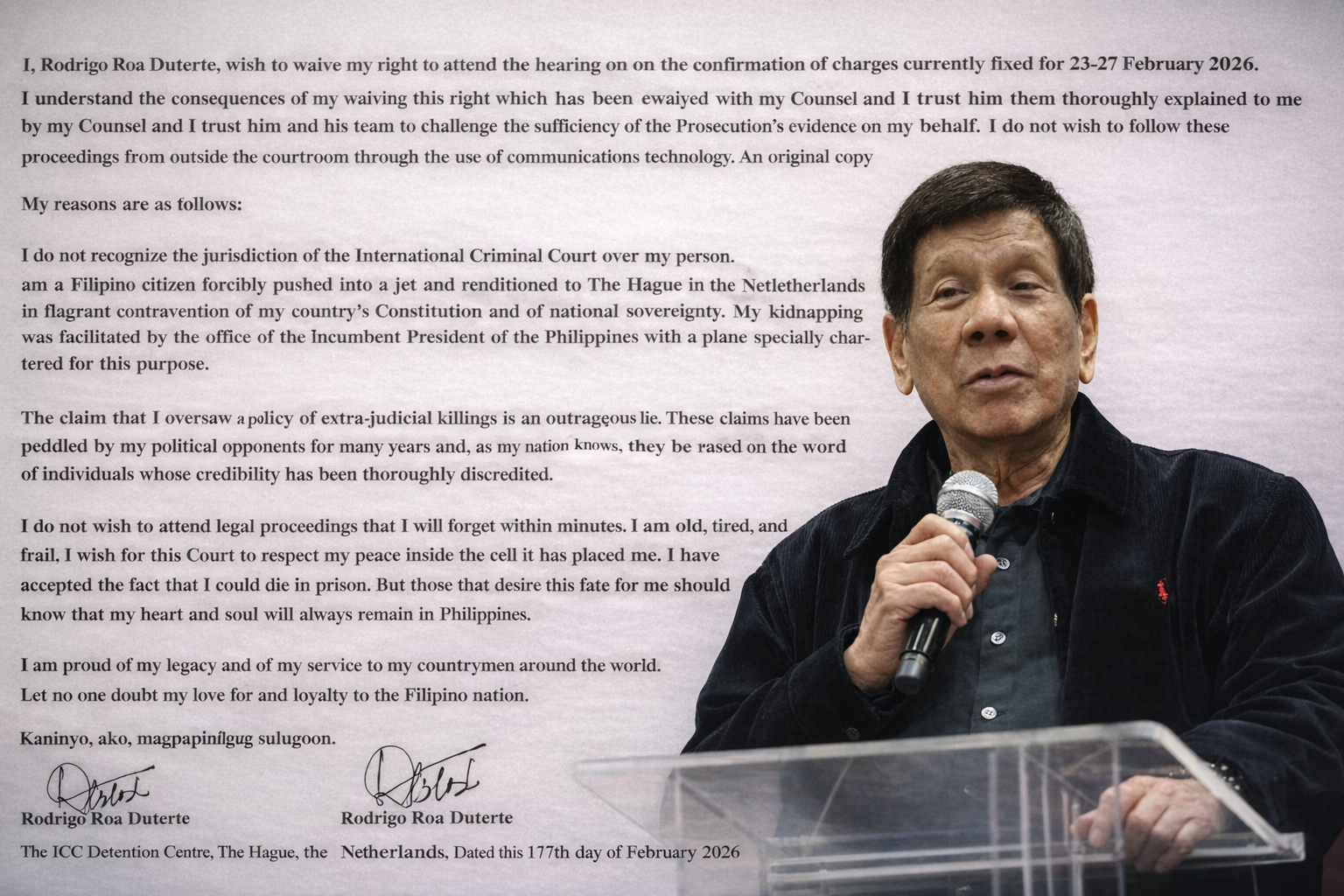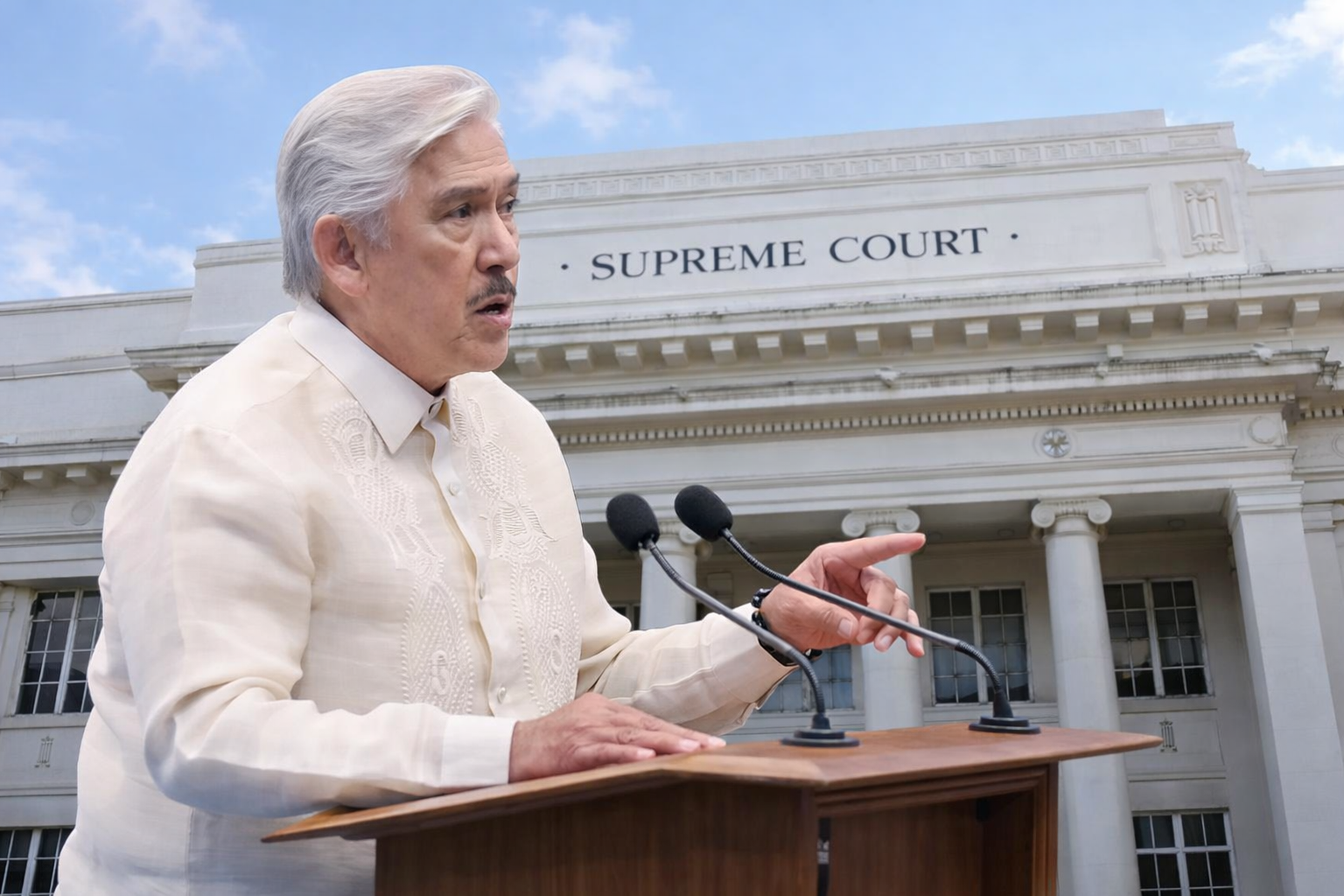DAVAO CITY – A veteran diplomat-turned-peace advocate cautioned the Marcos administration, on Friday, September 19, against policies in the South China Sea that he said could entangle the Philippines in a major power confrontation.
Speaking at the Media Forum on Peace in Asia, Asian Century Philippines Vice President Adolfo Quizon Paglinawan described the government’s approach to the West Philippine Sea as “lawfare” and “information war,” criticizing what he called a strategy that heightens tensions instead of promoting peace.
His remarks followed the August 11 collision between a Chinese naval ship and a Philippine Coast Guard (PCG) vessel near Scarborough Shoal, the latest in a series of incidents between Manila and Beijing over contested waters.
Paglinawan argued that reports about Chinese harassment of Filipino fishermen were overstated, saying China had allowed local fishers access to the shoal. He alleged that some PCG patrol maneuvers intentionally created confrontations with Chinese vessels.
The former diplomat also raised concerns about how the administration frames maritime claims. He said the government was conflating “sovereignty” with “sovereign rights,” noting that under the United Nations Convention on the Law of the Sea (UNCLOS), coastal states have sovereignty only within their 12-nautical-mile territorial seas.
He explained that exclusive economic zones (EEZs) merely grant rights to explore and exploit natural resources but still allow freedom of navigation for all states.
That distinction, he said, lies at the heart of disputes between Manila and Beijing. Scarborough Shoal, known for its rich fishing grounds and strategic location on global shipping routes, has been a flashpoint in regional tensions.
In 2016, an international arbitral tribunal under UNCLOS dismissed China’s sweeping “nine-dash line” claim and affirmed the Philippines’ rights within its EEZ. While the ruling did not settle sovereignty over Scarborough Shoal, it recognized traditional fishing rights for Filipino, Chinese, and other regional fishermen.
Paglinawan said this ruling highlighted the limits of expansive territorial claims and warned against inflaming disputes that could escalate into military confrontations.
He also cast doubt on the reliability of the United States as a defense partner, citing past U.S. policies that he claimed prioritized domestic security over Asian security commitments.
Another speaker at the forum, civil engineer and law student Joshua Pasion, echoed the call for restraint. He criticized President Marcos’s statement that the Philippines would inevitably be drawn into any conflict between the U.S. and China over Taiwan, saying such a stance risks dragging the country into a war beyond its constitutional mandate.
Pasion warned that the Philippines could suffer devastation similar to Ukraine’s if it becomes a battleground in U.S.-China hostilities. The forum’s participants stressed diplomacy as the only viable path forward, rejecting military options.
Paglinawan further urged the public to assess government statements on the issue critically. “Do not take anything from anyone just because it comes from the government,” he said. “The truth will set us free.”(By Ivy Tejano)

